Practical Guide to Meet Runoff Mitigation Point Requirements Under EPA’s Strategy
Get a step-by-step look at how to assess your fields for spray drift and runoff mitigation under EPA’s Herbicide Strategy.
Illinois Study Continues on Waterhemp Resistance to Group 15 Herbicides
IL researchers are taking a closer look at waterhemp’s resistance to Group 15 herbicides to help farmers fine-tune their weed control programs.
IL Planting Progress: Smooth Sailing or Still Waiting…
Hear planting updates, replant advice, and weed scouting tips from Illinois Soy Envoys on the latest Field Advisor podcast.
Turning Point: How the 1980s Reshaped American Agriculture
From weed control breakthroughs to financial crisis, IL Soy Envoy Mike Wilson reflects on the 1980s—one of the most transformational and trying decades in modern farming.
Tackling Winter Annual Weeds with Integrated Strategies
Winter annual weeds like henbit are becoming a bigger problem across Illinois—learn what’s driving the increase and how integrated strategies like fall herbicides and cover crops can help you take back control.
Illinois Research Targets Why Glufosinate is Losing Effectiveness on Waterhemp
Glufosinate is losing effectiveness on Illinois waterhemp—ISA checkoff-funded research is uncovering potential stacked resistance and environmental factors behind the decline.
Year Two Study Examines Herbicide Effects on Early Soybeans
First-year results showed PPO herbicide injury can be an issue with early planting, but temperature and rain after planting had the biggest impact on injury.
IL Soy Envoy Spotlight: Haley Brokate
Hear from IL Soy Envoy Haley Brokate as she shares her perspective on herbicide resistance, labor challenges, and soybean management—listen to the Field Advisor Podcast for what’s happening in the field.
Keep These Tips in Mind When Using Target Sprayers
Think precision sprayers mean one pass and done? Think again — learn what researchers say really makes targeted spray tech work in the latest blog from GROW.
Your Agronomy Questions, Answered
Missed the live Q&A? Here's what you need to know for the 2025 growing season—sulfur tips, weed control, cover crop management, and more!

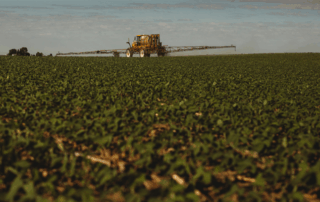


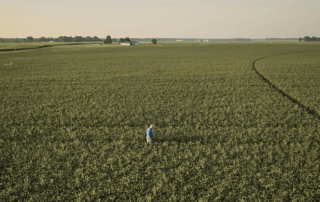
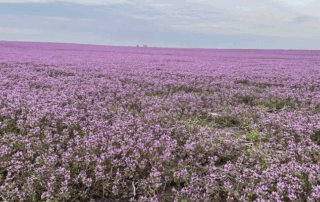
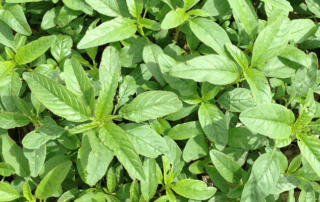
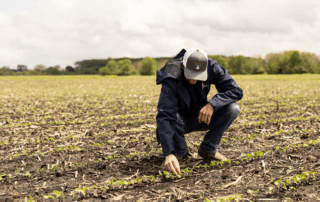
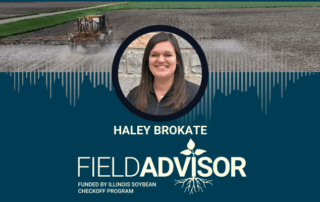
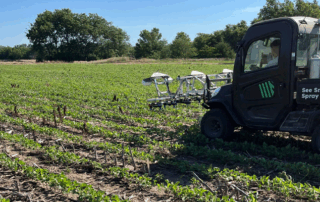
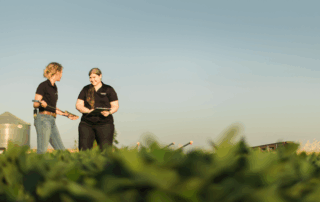

 and then
and then